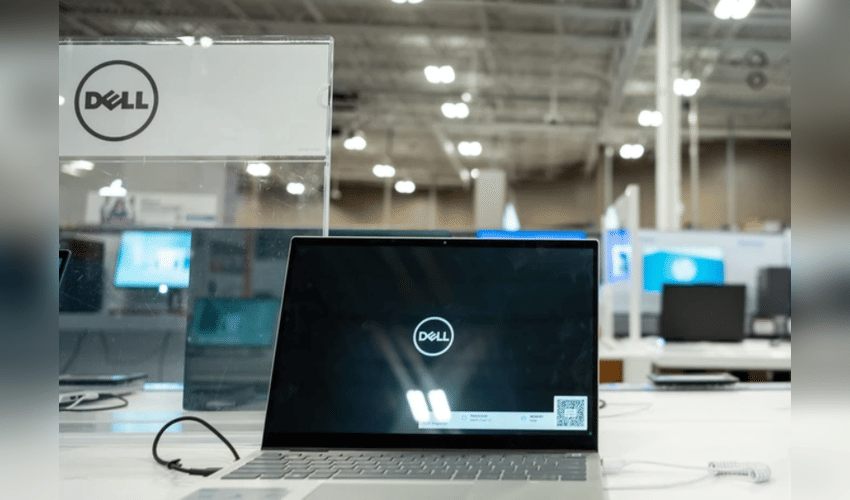Technology
Dell and HP warn of memory-chip shortages as AI demand rises.

Dell, HP, and several other major tech companies warn that memory chips may be in short supply next year as demand surges due to rapid AI infrastructure expansion. Consumer electronics brands like Xiaomi expect price hikes, while companies such as Lenovo have already begun stockpiling chips. Research firm Counterpoint predicts memory prices could rise by 50% through mid-next year.
A shortage would drive up production costs for a wide range of electronics — smartphones, medical devices, cars, and more — since memory chips are essential for most gadgets. The AI boom is indirectly causing the issue, as manufacturers prioritize advanced, high-margin memory used in AI systems, reducing supply of standard chips.
Dell’s COO Jeff Clarke said the company is experiencing unprecedented cost increases across DRAM, high-bandwidth memory, NAND flash, and even hard drives. Dell expects the rising costs to eventually affect customers and may adjust pricing. US sanctions on China are further tightening supply. HP’s CEO Enrique Lores expects the second half of 2026 to be especially difficult and plans to raise prices as needed. Memory currently makes up around 15% to 18% of a typical PC’s cost.
The AI race has also boosted energy use near data centers and driven up valuations of memory manufacturers. Samsung, SK Hynix, and Micron shares have soared as inventories shrink. SK Hynix has already sold out its 2025 memory supply, while Micron expects shortages into 2026. NAND maker Kioxia has seen its stock jump after its public listing. Analysts say both DRAM and NAND will likely remain in short supply for several quarters. Even makers of logic chips — essential for AI processing — may be affected if customers hesitate to place orders without sufficient memory availability.
China’s SMIC says memory shortages are worsening as suppliers prioritize Nvidia’s high-value AI chips. This could hinder electronics and car production in 2026. Xiaomi has already raised prices on flagship phones and expects more increases next year. Lenovo hopes to gain market share by leveraging its supply chain advantages but still calls the cost spike unprecedented. Apple, meanwhile, remains relatively optimistic, saying it is managing costs well due to its strong position with suppliers. Lenovo’s memory inventory is about 50% higher than usual, and Asus has also been stockpiling while planning to keep prices stable for now. SK Group’s chairman recently echoed concerns, noting that memory supply is struggling to keep up with global demand.



